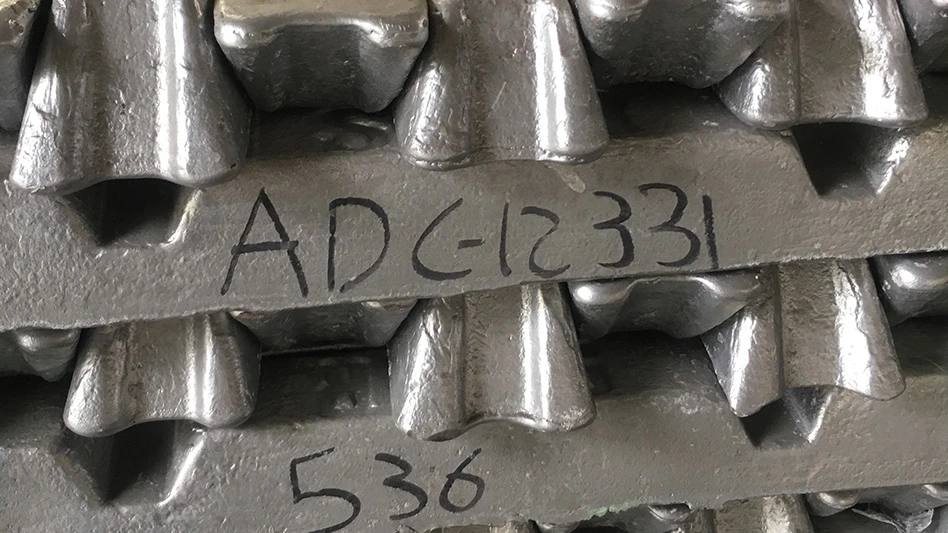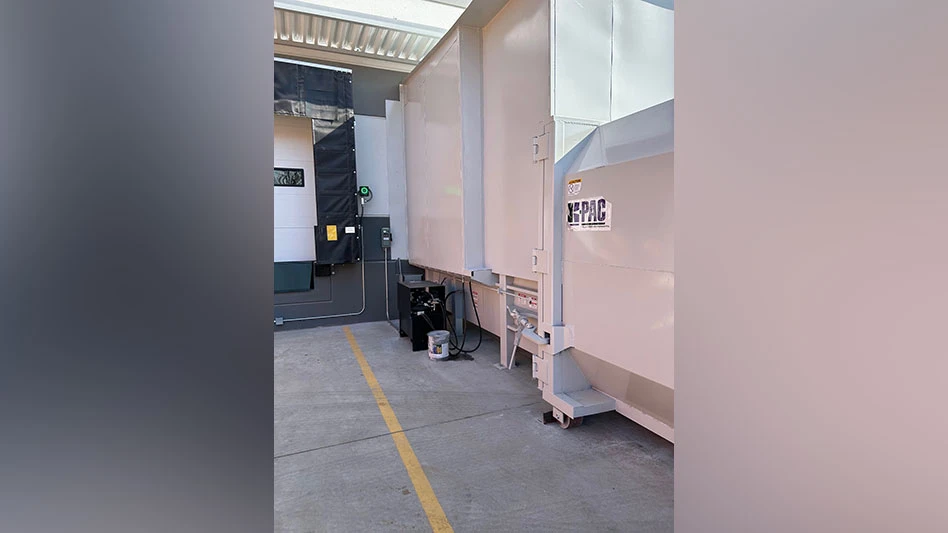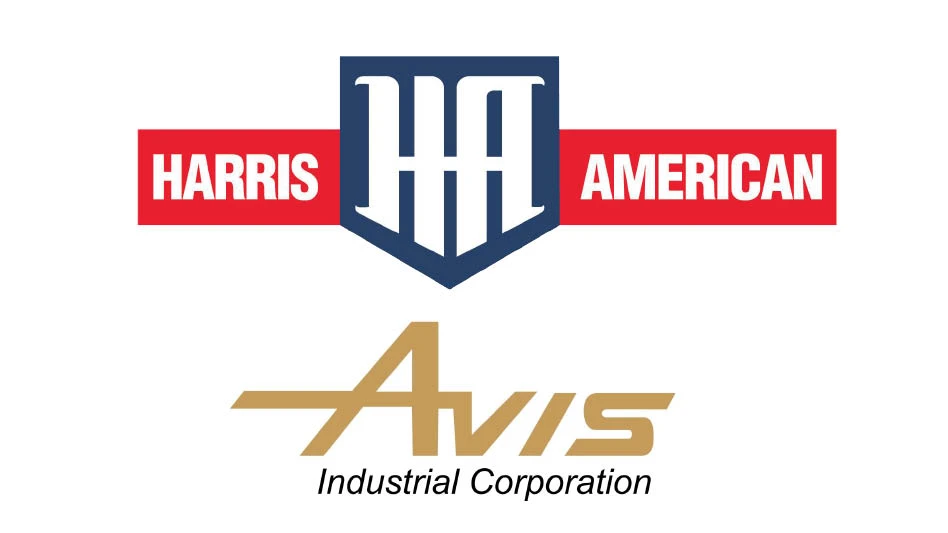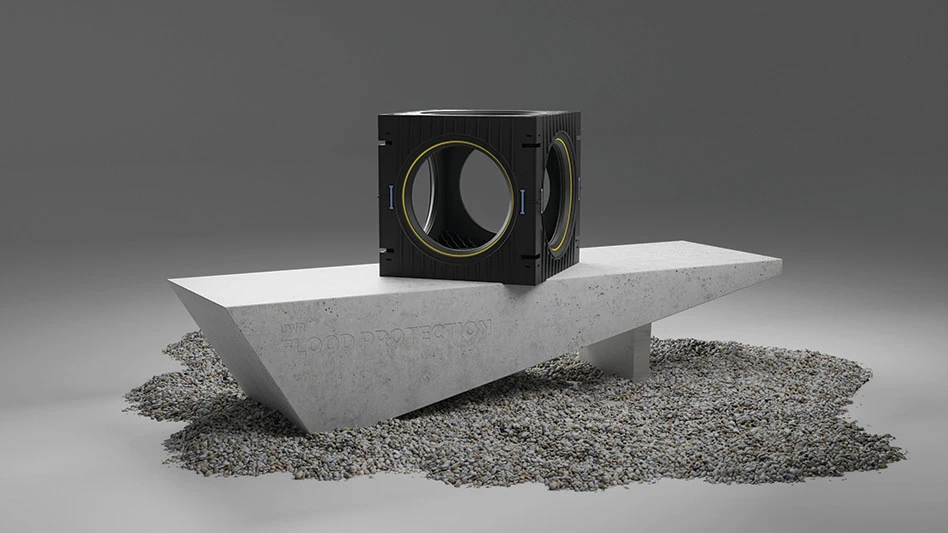
Recycling Today archives
Traditional single-location secondary aluminum and aluminum alloys producers have melted scrap because it was what they were equipped to do. Without affordable access to capital-intensive refined alumina or primary aluminum, they melted scrap in a comparatively more modest process.
Such alloys producers have long preferred that larger, traditionally primary firms maintain little involvement in the scrap market, but the future competition for scrap feedstock seems poised only to grow.
Sustainability and decarbonization targets in numerous industry sectors, including automotive and building products, have caused multinational aluminum producers and the London Metal Exchange (LME) to give recycling a larger presence in overall strategies.
The LME has used the word "passport" (implying the ability to travel) in reference to recycled content in branded aluminum alloys and other metals traded via the global exchange. Its LMEpassport business unit includes a constantly updated roster of sustainability disclosures that brands can make to potential buyers, with recycled content among those disclosures.
“LMEpassport offers metal brand producers the opportunity to voluntarily input other value-add information relating to sustainability,” Joe Vu, a Singapore-based LME staff member, told Recycling Today earlier this year.
As of the beginning of August, operators of several dozen aluminum alloys production facilities were listing their products as meeting the LMEpassport “Environmental-Recycled Content” theme. To make this disclosure, metals producers have to meet certain audited LME Responsible Source requirements.
Aluminum alloys producers that have found the disclosure desirable include numerous locations of Cleveland-based Real Alloy, which has facilities in North America, plus its former melt shops now operated by Germany-based Speira; China-based Ye Chiu Metal Smelting, which also produces alloys in Malaysia; Germany’s Oetinger Aluminium; and several North American alloys makers, including Allied Metals, Owl’s Head Alloys, Spectro Alloys Corp. and TST Inc.
Is more recycling—and more transparent recycling—beneficial to the bottom lines of scrap-melting alloys producers? As measured by wagers placed via capital expenditures, Texas-based global aluminum industry consulting firm Harbor Aluminum appears convinced.
“In response to being put under the climate microscope, primary aluminum producers worldwide are adopting new environmentally friendly production processes, including shifting toward the use of renewable energy and investing in new green smelting technologies (like inert anode) or even studying carbon capture and storage solutions to accelerate their decarbonization efforts,” the company writes on its website.
“However, across the entire aluminum industry, investing in recycling currently has become the preferred initiative to reduced carbon emissions in the production process."
Beyond the LME, when it comes to certifying scrap content, aluminum producers also have helped fund and put in place the Australia-based Aluminium Stewardship Initiative (ASI).
That organization lists circularity as one of four sustainability priorities, along with climate change, human rights and “nature positive.”
“With its high value, diverse use applications and recyclable properties, aluminum is a material expected to be critical for supporting transitions to a more circular economy,” the organization states.
Among secondary aluminum producers that have gravitated toward ASI certification is Norway-based Norsk Hydro ASA, which also has numerous scrap-fed melt shops in the United States.
The Extrusion North America business unit of Hydro ASA has attained ASI Performance Standard V2 certification at 23 of its scrap melt shop sites in the United States and Canada.
In announcing its total number of ASI facility certifications, Hydro called ASI’s system “the only comprehensive, voluntary sustainability standard initiative for the aluminum value chain” and pointed to its third-party auditing system.
“We have seen increased demand from our customers in North America for greener products and greater transparency,” Jerrod Hoeft of Hydro Extrusion North America said in July.
Two years ago, when Atlanta-based aluminum producer Novelis announced multiple ASI certifications, CEO Steve Fisher said, “These certifications establish Novelis as a supplier of choice and a partner that is improving sustainability throughout the value chain.”
As with LMEpassport disclosures, how or whether ASI certification is accruing to the bottom line might not be immediately apparent and could depend on emerging carbon “border taxes” being formulated in Europe and the U.S.
In the EU, aluminum (along with steel) is one of six carbon border tax focuses in an emerging carbon border adjustment mechanism (CBAM) system designed to force global metals producers to accelerate efforts to cut their carbon footprints.
The U.S. government is not as far along in its carbon border tax formulation, though as of this June, the U.S. Office of the Trade Representative (USTR) has begun its investigation to assess the greenhouse gas (GHG) emissions intensity of steel and aluminum produced in the U.S.
Aluminum trade associations representing the regions recently authored a joint letter advocating their governments work together on a carbon border tax and similar measures.
In all likelihood, after such systems are in place, producers of recycled-content aluminum—whether or not they receive a premium price for what they make—will need to attest to their use of energy- and resource-saving scrap melting methods merely to retain full access to the global market.
Latest from Recycling Today
- Enfinite forms Hazardous & Specialty Waste Management Council
- Combined DRS, EPR legislation introduced in Rhode Island
- Eureka Recycling starts up newly upgraded MRF
- Reconomy Close the Gap campaign highlights need for circularity
- Nickel carbonate added to Aqua Metals’ portfolio
- EuRIC, FEAD say End-Of-Life Vehicle Regulation presents opportunity for recyclers
- Recyclers likely to feel effects of US-China trade war
- BCMRC 2025 session preview: Navigating battery recycling legislation and regulations





